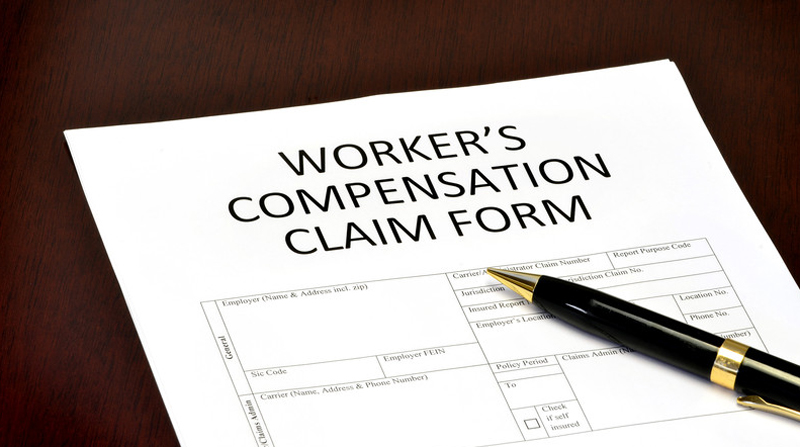The purpose of workers’ compensation is to protect both employer and employee. Employees can receive compensation and medical treatment for a work injury, while employers are protected against law suits that may be brought against the business by the injured employees or their survivors. Workers’ compensation attorneys help claimants collect and document pertinent evidence during the entire claims process. Attorneys handling workers compensation claims review the documentation and get all the audio and video evidence documented using legal transcription services.

The basic eligibility requirements for workers’ compensation benefits are:
- The claimant must be a regular employee, not an independent contractor working from home.
- The claimant’s employer should offer workers’ compensation insurance.
- The claimant must have a work-related injury or illness.
Additionally, the injured worker will have to provide evidence to prove that:
- The employee’s injuries were caused or made worse by the accident at the workplace and not due to an unrelated incident or medical condition.
- The employer was notified about the accident within the deadline fixed under the Workers Compensation Act.
Records Needed to support Workers Compensation Claims
Employees should know that keeping records and documentation related to the workplace injury or occupational illness is crucial to ensure successful resolution of their claim. The types of records needed to support workers compensation claims are:
- Medical records: Medical records are the most important documents to support the claim. They provide proof of the injury, how it occurred, evidence of the extent of the injury, and treatments that the employee had to undergo during recovery. Documentation of the injury or illness by a qualified healthcare professional provides the evidence that the injured employee deserves the benefits and should keep receiving them recovery or till the condition will not improve further. The law also requires utilization review (UR), the process used by employers or claims administrators to review treatment to determine if it is medically necessary.
- Accident reports: The employer will be required to provide the insurance company with an official record of the incident which led to the claim and injuries listed in the medical record. Therefore, employees should report the accident to the employer on time using the accident report form provided by the employer. The accident should be reported in writing and if possible in the presence of a reliable witness. Union representatives should also be notified. In a book titled “The Claim Game: Twenty Best Practices When Managing and Investigating Workers’ Comp Claims”, the author recommends that the accident report should provide information about:
- What happened before, during and after the accident.
- Day, time and shift of the accident as accurately as possible.
- Names and contact information of any witnesses to the injury.
- Any medical attention received following the injury and contact info of the healthcare provider.
- Employment records: The insurance company will require proof of an employer-employee relationship at the time of your accident. Employment and performance records can establish this relationship, while pay stubs can show that the employee was on the company’s payroll and to determine how much the claimant was owed.
- Witness statements: Witness statements from persons who witnessed the accident can be very valuable to workers compensation claims. The injured employee should have witnesses write a clear and informative statement about the incident.
- Communication records: The claimant should keep hard copies of any emails received from an insurance adjustor or from the employer pertaining to the claim. It is also useful to maintain records of phone calls made to these parties, with the time of the call, the recipient of the call, and the matter discussed.
In addition to these records, relevant paperwork, files, financial statements, and other supporting evidence can be provided support the injured employee’s claim.
Common Reasons for Denial of Workers Comp Claims
Employees should also be aware about the common reasons for claim denial:
- Not reporting the injury immediately to their employer
- Late filing of the claim
- Not seeing a physician in the company’s list of recommended physicians
- Delaying getting medical assistance immediately after the injury
- Not filing the claim because the injury was the result of the employee’s fault
- The employee was under the influence of drugs or alcohol at the time of the injury or showed a deliberate disregard for company rules
- The injuries in the medical records do not match the employee’s description of the incident
Legal Transcription Outsourcing – A Practical Option for Workers Comp Lawyers
Workers comp lawyers who are well-versed in the laws of the state help claimants evaluate their situation and learn about their options for compensation. While some cases are uncomplicated and easy to handle, others can be more complex and challenged by insurance companies. The lawyer’s tasks would include finding missing documents; obtaining statements that have not been recorded or transcribed; filing, scanning, copying or securing paperwork necessary to complete the file, and transcribing all audio and video evidence. Legal transcription outsourcing to an experienced service provider is a practical option when it comes to managing large caseloads and tight deadlines and meeting client demands.



